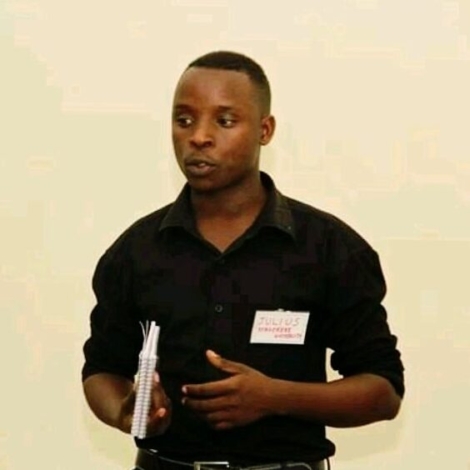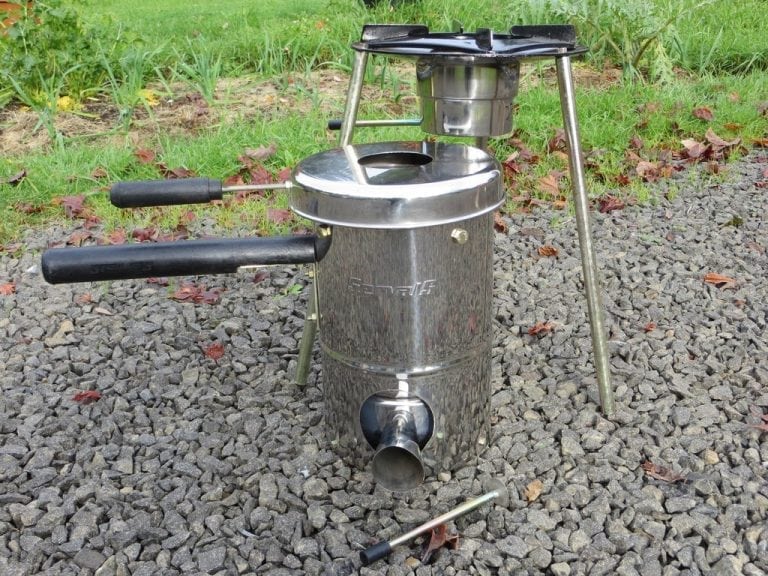Julius Mugaga, an Engineering for Change Fellow, two-time ISHOW finalist, a visionary innovator of life-saving medical devices for use in low-resource settings, and a lecturer in biomedical engineering at Makerere University, passed away in April near his home in Kampala, Uganda. He was 33 years old.
“He’s contributed greatly to design and innovative ideas, with products and ideas that can help transform society” – Dr. Robert Ssekitoleko, Biomedical Engineering Program Lead at Makerere University
An incomplete list of Mr. Mugaga’s accomplishments includes his roles as Head of Design Cube, a biodesign space at Makerere and CTO of Badaye Technologies, a startup in Bujjuko, Uganda, that produces post-harvest automation tools. He was instrumental in forging a connection between Duke University and Makerere University’s biodesign program. And he had begun a similar push to strengthen ties between Makerere and Engineering for Change. As an E4C Fellow, he supported a project in partnership with Chemonics analyzing temperature and humidity data from the pharmaceutical supply chain in Sub-Saharan Africa.
He was also the creative force behind award-winning technologies that meet challenges in sustainable development.
“He’s contributed greatly to design and innovative ideas, with products and ideas that can help transform society,” says Dr. Robert Ssekitoleko, Biomedical Engineering Program Lead at Makerere University. Mr. Mugaga had worked under Dr. Ssekitoleko since 2017.
He was the most prolific contributor to Dr. Ssekitoleko’s team, sometimes working late nights side by side. Mr. Mugaga even offered reminders of the meaning of their work when they suffered setbacks and were compelled to put in long hours, Dr. Ssekitoleko says.
He mentored aspiring innovators while finding time to develop his own designs.
“Julius had a profound impact on the broader engineering for sustainable development community” – Dr. Grace Burleson, Assistant Professor
One of the earliest of his products was Matica, a math-teaching card game. Later, he built FistApp to help doctors assess a mother’s risk of developing a fistula. FistApp won the Most Innovative Concept Award by the African Biomedical Engineering Consortium and UNECA. While an undergraduate, he won Makerere University’s first Innovation Award for Hospi Track, software that tracks misplaced hospital equipment with an RFID system.
“Despite his limited experience in terms of education, he was thinking at the level of a PhD holder,” Dr. Ssekitoleko says.
In 2018, just a year after undergraduate school, Mr. Mugaga began to apply his talents to work with E4C and the American Society of Mechanical Engineers.
“Julius had a profound impact on the broader engineering for sustainable development community, but especially on ASME and E4C through multiple programs,” says Dr. Grace Burleson, a former E4C Fellow now Assistant Professor at the University of Colorado Boulder where Mr. Mugaga was accepted to begin a PhD program this Fall.
“He was on a mission to train 1 million innovators, and there isn’t a doubt in my mind that he would have done it,” Erin Peiffer, E4C Fellowship Program Coordinator
In 2018, Mr. Mugaga earned a position as finalist in the ASME Innovation Showcase (ASME ISHOW) in Kenya. He won the spot with Lumenda, a low-cost, portable medical device that rapidly diagnoses neonatal bacterial meningitis. The device could lower the cost of diagnosis to treat newborns who may otherwise go undiagnosed.
Then in 2022 Mr. Mugaga was again selected as an ISHOW finalist, this time for ReadySuite, a patent-pending laparoscopic system that dramatically undercuts the cost of traditional technologies. ReadySuite was an attempt to make laparascopic care accessible in underserved communities.
James Creel, former lead of ISHOW, describes him as charming, and a serial entrepreneur. “Innovation was in his DNA,” Mr. Creel says.
Mr. Mugaga served as an E4C Fellow in 2021, working with Erin Peiffer, Program Coordinator for the Fellowship. Ms. Peiffer says he was truly one of the most ambitious individuals she has met.
“He was on a mission to train 1 million innovators, and there isn’t a doubt in my mind that he would have done it,” Ms. Peiffer says.
The words “ambition,” “passion” and “vision” were repeated refrains in descriptions of Mr. Mugaga, as were references to the love he held for his family.
“Often, while we worked together, he would turn on his camera so I could greet his family and young child, always showing profound responsibility and love towards them. He was not only a creative engineer, but he also had a gentle heart as well,” Paulo Vela, who worked with Mr. Mugaga on the Chemonics Impact Project as an E4C Fellow. Mr. Vela now serves as Innovation Consultant at the National Council of Science, Technology, and Innovation of Peru.
“His passing leaves a great void, but his legacy of dedication will always be remembered,” Mr. Vela says.
Mr. Mugaga is survived by his eight-year-old son, his fiancé and parents.
Julius Mugaga will be missed as a champion of engineering and design for sustainable development. We continue to treasure the legacy of his ideas, innovation, tireless effort to uplift his colleagues and connect powerful institutions, and his uncompromising vision.

